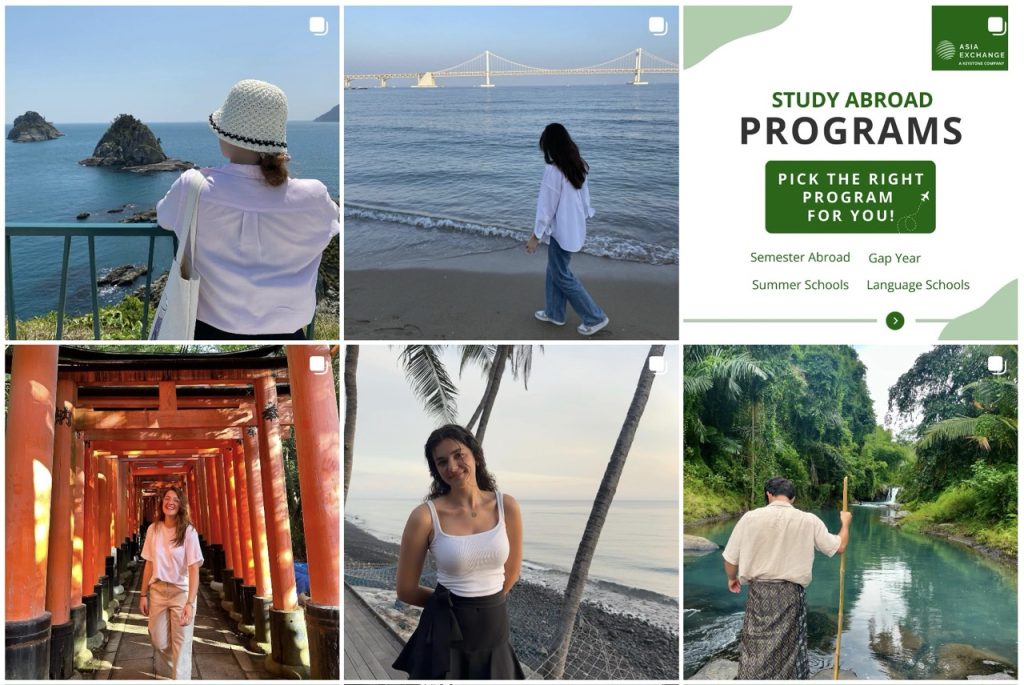How we keep the fees low
“The reason behind establishing Asia Exchange was to enable more students to have the same, invaluable experience that we had as students. Everything we do at Asia Exchange starts with the student; we try to look at all aspects of the study abroad semester from the students’ perspective.”
-Harri Suominen, Managing Director and co-founder of Asia Exchange
Building an easy and affordable avenue to Asia
Asia Exchange was founded in 2007 by two former exchange students. The inspiration behind Asia Exchange was the experiences the young professionals, now the Managing Director and the Academic Director of Asia Exchange, had during their own study abroad semesters in Asia. Since 2007, Asia Exchange has helped more than 10 000 students from over 800 different universities worldwide to study abroad.
We strive to provide a quality academic semester in Asia, Europe and Latin America for as many students as possible, as conveniently and affordably as possible. To achieve this, we try to keep the tuition fees low.
While tuition fees in Asia are generally lower than in many Western countries, we have negotiated discounts for our students. The universities aim to become more and more international, which enables us to secure placements for hundreds of students every year.
Despite the comparably affordable tuition fees, the quality of education in Asia is excellent. Asian students and schools continuously receive top marks in international rankings. The emphasis on educational excellence and the achievements of Asian education is showcased in the success stories of Asian economies, particularly in their quick growth and recovery.
Quick and secure application – Allowing you to focus on what matters
Our streamlined and time-tested application procedure ensures that you will be neither bogged down by lots of unnecessary paperwork nor stuck in uncertainty about your application. Acceptance is secure and you will get to focus on travel preparations and the life-changing experiences ahead.
That’s another reason we can keep the fees low: additional services such as visa application and accommodation arrangements are not included in the fees, nor do we offer them. We grant our students the freedom to take care of their own travel arrangements, which we consider an integral part of the study abroad experience. However, we freely provide information on the necessary travel preparations (flights, visa, accommodation) on this website and in our Asia Exchange Guides sent to every student.





